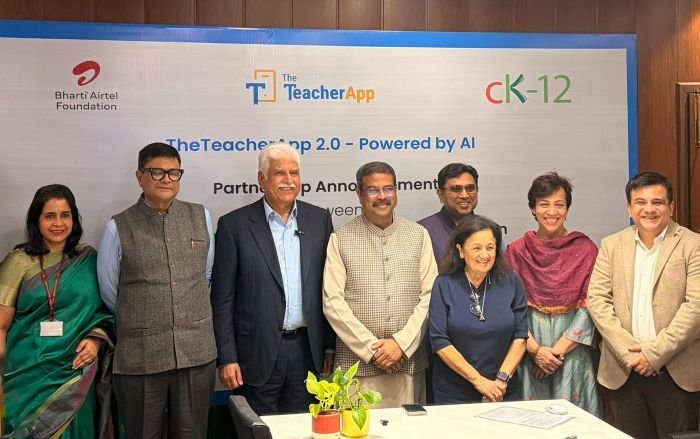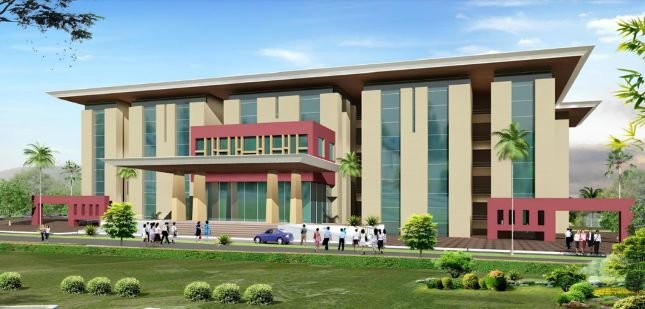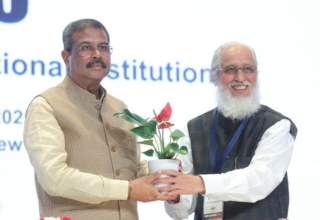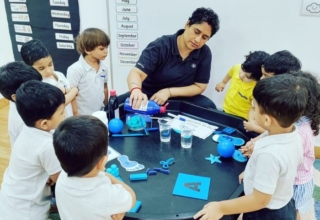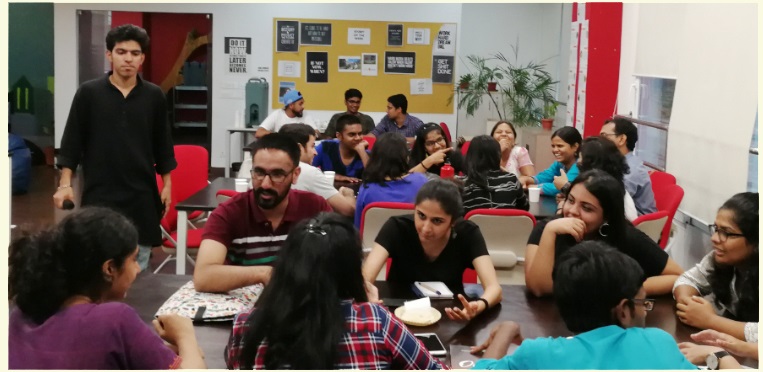
By Autar Nehru
Sanjeev Bikhchandani, a success story of post 1990s entrepreneurial India and founder of Info Edge (owns naukri.com, jeevansathi.com, 99acres.com, shiksha.com), besides several other roles and positions is also one of the co-founders of Ashoka University based in Sonipat. A recent news report by a leading daily quoted him as suggesting drug abuse by the students in Ashoka University campus.
This startling ‘revelation’ made more shocking by an ‘add-on’ use of drones for substance delivery, is creating the necessary furor both for sullying the already dented image of Ashoka as well as taking on its Student Government for its ineffectiveness and misplaced priorities.
Why he chose to broadcast this instead of saying it closed doors, will be a factor of time and more information surfacing in future. However, by raising the issue, Mr Bikhchandani has flagged the widespread penetration and presence of substances/drugs in practically in every higher education campus including many schools.
Ashoka University, brought up on lofty ideals and nurtured by a class of corporate honchos and enterprising academic sojourners, has done well to establish itself in the mindscape of a lot of students and parents as one of the best collegiate destinations in north India. If at all, Ashoka’s carefully and consciously detailed security and protective edifice is at the risk of stealth entry of drugs, then the reality of widespread drug abuse in campuses across the country, is surely a forgone conclusion.
I would like to add two personal observations to show how grave the issue could be and why students need more than a college or university to spend college life to escape the drug trap.
Dehradun, a hub of education institutions—HEIs as well as schools. A small group of students from different states and different streams move like a family from one rented apartment to another every three-four months! Their frequent mid-night trips to Mussoorie even in chilling cold isn’t adventure tourism but a date with ‘tea’ slurp on the way. They sleep very little during night and therefore bunk classes as on case basis. A vaping hookah runs almost 24×7 with smoking on terrace breaks and maggi/biryani mouthfuls from local street shops. Families despite feeling a waste of family wealth and no education, still continue to fund them as they would like to follow the sustainable manta of ‘try again’ instead of calling them back for fear of stigma as well as unworkable alternatives. In short, the proliferation of degree selling HEIs is simply manufacturing millions of dreams and burdening parents and setting youth on the pathway of wild goose chase.
Rishihood University sitting in the neighborhood of Ashoka and over a dozen other HEIs in the Rajiv Gandhi Education city, Sonipat, is one step ahead of Ashoka and wants to better higher education software by amalgamating ancient elements from likes of Takshashila university education system. So, at the very first given tour opportunity, I was quite excited to begin. However, the design and buildings even the furniture and settings left me unimpressive as it had no novelty or connect to the great vision. Justice another university.
In the interaction with the RV, vice-chancellor, I brought up the question of recreation and hanging out for students. Why Sonepat’s education city housing some of India’s premier private university brands, hasn’t become a student city like Kota (for hustle/bustle and student services) or Manipal? How would a student who is used to so much recreation, outings, fun conversation and casual relationships spend life in ‘house arrest’ in hostels of universities? From 2010, it is 12 years and yet Sonipat hasn’t come up on the cosmopolitan destinations map. The institutions are just shops with no sense of contributing to creating common spaces of student interest and I am not aware of any conversations on that.
In conclusion, the fight against drugs is like a war and needs society to challenge it. Bikhchandani has been brave enough to talk about it. HEIs, governments and other stakeholders must look at it in a holistic manner and bring in a systemic change to ease the pressure points on students in the first place.


